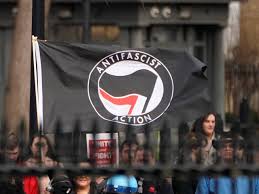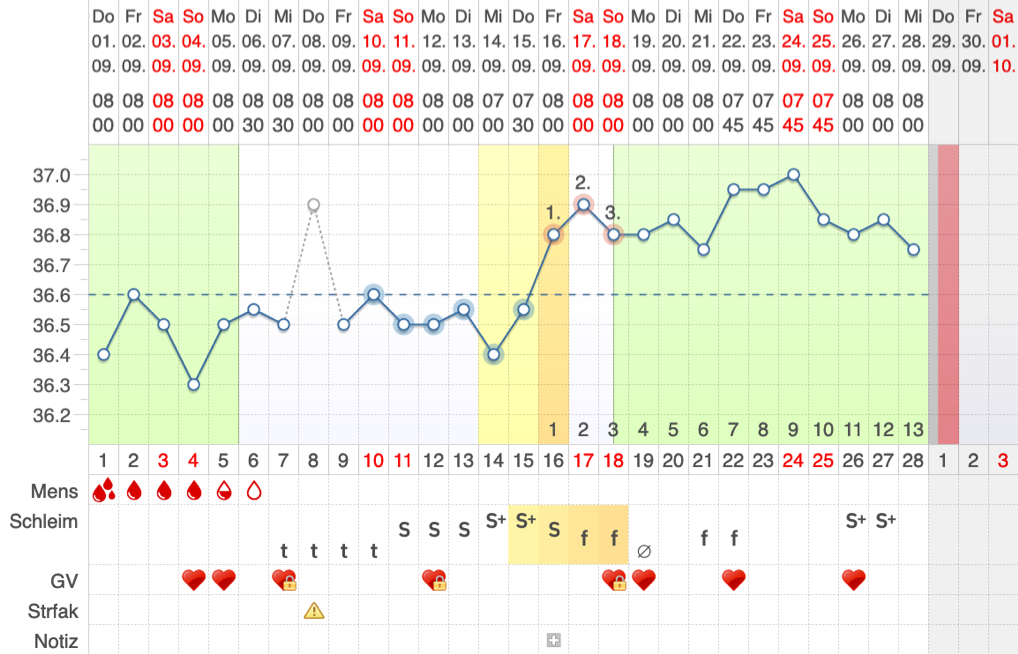Introduction
Antifa, short for anti-fascist, is a loosely affiliated movement that opposes far-right ideologies, including fascism, racism, and xenophobia. The relevance of Antifa has surged in recent years, especially in the context of escalating political tensions and social justice movements worldwide. Understanding Antifa’s actions and beliefs is crucial as they play a notable role in shaping public discourse around protests and civil rights.
What is Antifa?
Antifa is not a singular organization but rather a collection of groups and individuals who share similar anti-fascist ideologies. Their tactics vary widely, from peaceful protests and counter-demonstrations to direct action and confrontational approaches against hate groups. This decentralized nature means that Antifa can be difficult to define, and its activities can be subject to varied interpretations.
Recent Events Involving Antifa
In the wake of the Black Lives Matter protests following the death of George Floyd in 2020, Antifa gained significant media attention. Various anti-racist demonstrations saw Antifa members participating actively, often acting as security for protesters. While many allies view Antifa as protectors against extremist groups, critics argue that they contribute to escalating violence during protests.
A notable event was the protests at the Capitol building in Washington, D.C., in January 2021. During these events, claims surfaced that Antifa members had infiltrated the rioting crowds, a narrative that was largely debunked by various investigations, as most participants were linked to extremist right-wing organizations.
The Ongoing Debate
The discussion around Antifa continues to be polarizing. Supporters argue that their actions are essential for defending democratic values and combating the rise of hate, while detractors claim that their militant tactics can undermine mainstream progressive movements. Various government agencies have also scrutinized the movement’s actions, weighing national security concerns against free speech rights.
Conclusion
In conclusion, Antifa remains a contentious and complex subject in political discourse. As social justice movements continue to evolve, the role of Antifa may also shift, potentially influencing political landscapes, legislation, and public opinion. For readers, understanding the multiplicity of perspectives regarding Antifa is crucial in forming informed opinions on the broader socio-political issues of our time. As political dynamics change, the movement’s influence and relevance may continue to grow, prompting further discussions about its impact on society.


